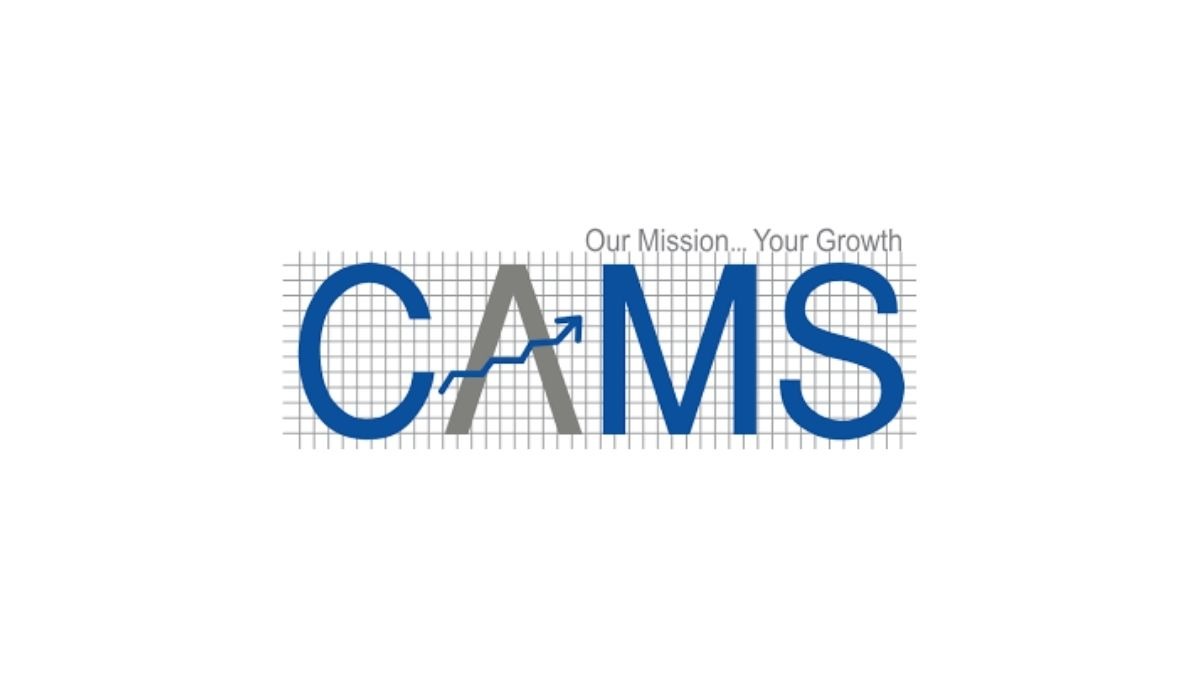Shares of Computer Age Management Services Ltd (CAMS) declined 5.78% to Rs 3,754.90 in Wednesday’s session (October 29) after the Securities and Exchange Board of India (SEBI) proposed new measures to lower expense ratios charged by mutual funds — a move seen as negative for asset management companies (AMCs) and related service providers like CAMS.
Q2 FY26 Performance: Record revenue and dividend announcement
Earlier this week, CAMS reported a steady Q2 FY26 performance with record revenue and profit growth.
- Revenue: Rs 376 crore, up 6.4% sequentially — its highest ever quarterly revenue.
- EBITDA: Rs 167.6 crore, up 8.6% QoQ; margin expanded by 93 basis points to 44.49%.
- PAT: Rs 113.9 crore, up 5.4% sequentially.
- Interim dividend: Rs 14 per share declared.
- Stock split: 1:5 ratio announced earlier this month.
The company’s AUM rose 7% QoQ to Rs 52.1 lakh crore, while mutual fund (MF) revenue grew 6.4%, and non-MF revenue jumped 17.9%, led by CAMSKRA, which surged 46%. The market share remained steady at 68%.
Despite solid financials, the stock fell due to regulatory concerns.
Reason for decline: SEBI’s proposed TER revision
CAMS shares came under pressure after SEBI’s consultation paper proposed rationalizing Total Expense Ratios (TER) for mutual funds — impacting AMCs and associated companies.
Under the proposed framework:
- The additional 5 basis points (bps) that mutual fund schemes were allowed to charge across all categories would be eliminated.
- The first two slabs of expense ratios for open-ended active schemes will be revised upward by 5 bps to offset operational impacts.
- SEBI also suggested reducing brokerage charges from 12 bps to 2 bps for cash market trades and from 5 bps to 1 bps for derivatives.
- Statutory levies like GST, STT, and Stamp Duty will be excluded from TER to increase transparency.
The regulator argued that these steps would bring clarity, fairness, and transparency for investors.
Brokerage impact and sector outlook
According to Jefferies, SEBI’s proposals may pose earnings risks for AMCs such as HDFC AMC and Nippon AMC, potentially impacting FY27 PBT by 30–33% if implemented. It also noted possible negative implications for institutional brokers such as 360 ONE and Nuvama.
While CAMS’ core business remains strong, analysts believe the proposed TER changes could affect revenue growth in the medium term, given its close linkage to mutual fund inflows and AMC profitability.
CAMS shares, which ended the previous session at Rs 3,985.20, are now down over 21.8% year-to-date, with a market capitalization of Rs 1.86 lakh crore.
Disclaimer: The information provided is for informational purposes only and should not be considered financial or investment advice. Stock market investments are subject to market risks. Always conduct your own research or consult a financial advisor before making investment decisions. Author or Business Upturn is not liable for any losses arising from the use of this information.


